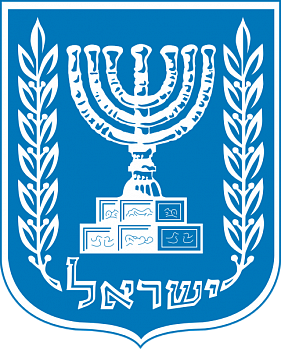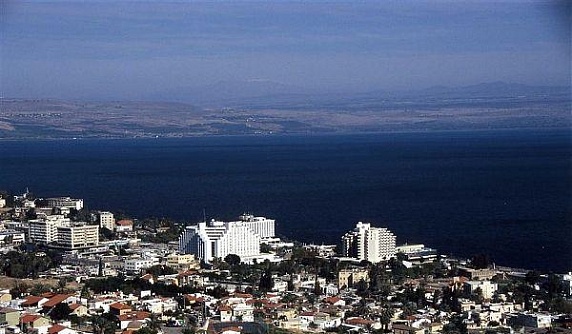 the State of Israel
the State of Israel
TRANSCRIPT OF THE INTERVIEW OF RUSSIAN MINISTER OF FOREIGN AFFAIRS SERGEY LAVROV GRANTED TO THE "MOSCOW TIME EVENTS: THE 25TH HOUR" PROGRAM OF THE TVTS TELEVISION CHANNEL, MAY 6, 2004
Unofficial translation from Russian
The Host: Sergey Viktorovich, in the last two days you spent more time in the air than on land. I mean New York. Was that worth it in this particular case? Was there something that you, Colin Powell and Kofi Annan could not discuss over the telephone?
Foreign Minister Lavrov: Of course, now a great deal is being tackled over the telephone: at presidents' level as well as at that of ministers. But nothing can replace personal meetings. I am very pleased with the way the meeting of the Quartet of International Mediators for the Middle East ended. All our colleagues, even American, said it was the most productive meeting in the last few years. What particularly matters is that it took place against the background of a sharp exacerbation of the situation in Palestinian-Israeli settlement.
We got together to ensure that the plan of Ariel Sharon for unilateral withdrawal from Gaza does not run counter to the Road Map but is integrally fit into it. This plan this morning was subjected to a test when Sharon's own party spoke against it in a referendum. This circumstance had to be taken note of. We managed, however, to adopt a document which not only reaffirms all the existing decisions of the United Nations Security Council on the principles for settlement and indicates that any unilateral steps are welcomed if they go in the direction of a full implementation of the Road Map and make sense only if linked to the Road Map and meant to terminate the occupation of the Palestinian territories. Furthermore, this statement indicates the continued full validity of the fundamental decisions of the UN Security Council and the decisions of the Madrid Conference, where the Land for Peace principle is embodied.
The Host: In the course of the meeting did you have any divergence of opinion with Colin Powell?
Foreign Minister Lavrov: No, I didn't. Colin Powell very clearly explained today that the celebrated exchange of letters between US President George W. Bush and Israeli Prime Minister Ariel Sharon, which has caused so many questions and so much noise, does not mean the annulment of the underlying principle concerning the need to reach agreement between the two parties. The US delegation accepted all the arguments of Russia, the European Union and the UN Secretary General that we now have no right to and cannot change the basic rules for settlement as endorsed by the UN Security Council.
The Host: Will a moment arrive when it is possible to say that the conflict is fully resolved? Or is this a wound that will be bleeding always?
Foreign Minister Lavrov: I hope that that moment can arrive. And today's meeting, of course, has contributed to this. Of the Palestinians it is required that they take action to suppress the activity of terrorists within their territory and eliminate their infrastructure and for this purpose carry on the reform of the Palestinian National Authority structures so that this Authority can assume more responsibility in questions of security in its territories and in questions of control over the armed structures, which must be legitimate. There should be no illegal armed bands which, strictly speaking, cause problems in many parts of the world, not only in Palestine. Israel is duty-bound to cease the disproportionate use of force, not permitted by international humanitarian law. Israel is duty-bound not to create any new settlements, and reaffirm its intentions to freeze settlement activity.
The Host: Sergey Viktorovich, is there any distribution of roles within the Quarter for the settlement of the Arab-Israeli conflict? For example, the United States has more possibilities to influence Israel, Russia -- Palestine and so on.
Foreign Minister Lavrov: The uniqueness of the position of Russia at present lies in the fact that we are finding a common language both with Palestinians and with Israelis. We manage right now, and have done so in the last few years - I hope this line will continue - to earn the respect of both by our principled stand on the fight against terrorism and simultaneously by our consistent upholding of the principles on which a Palestinian-Israeli settlement should be achieved. These principles presuppose the creation of a Palestinian state which will be viable and will on an equal basis live side by side and in peace with Israel.
The Host: While being aware that this is a hypothetical question, but still - of what time frame are we speaking?
Foreign Minister Lavrov: It is hard to build any specific projects here. I think that given the wish and indeed the political will of the parties, and especially the political will of the mediators, we can speak of about two or three years when the basic parameters for settlement will be fixed. Of course, a fairly long period will then be required for this to become irrevocable.
May 6, 2004










